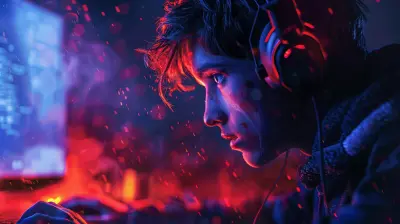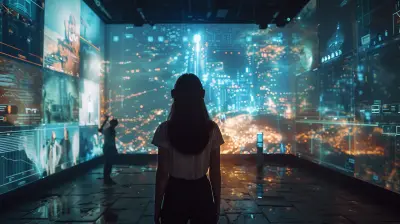How Social Games Are Shaping the Future of Online Relationships
14 October 2025
We used to think that “gaming” meant locking yourself in a dimly lit room, joystick in hand, talking to no one. But oh, how things have changed. These days, gaming doesn’t isolate—it connects. Social games are bridging gaps, forming friendships, sparking romances, and yes, even shaping the way we build and maintain relationships online.
Let’s dive into how these games are rewriting the rules of human connection, one virtual quest at a time.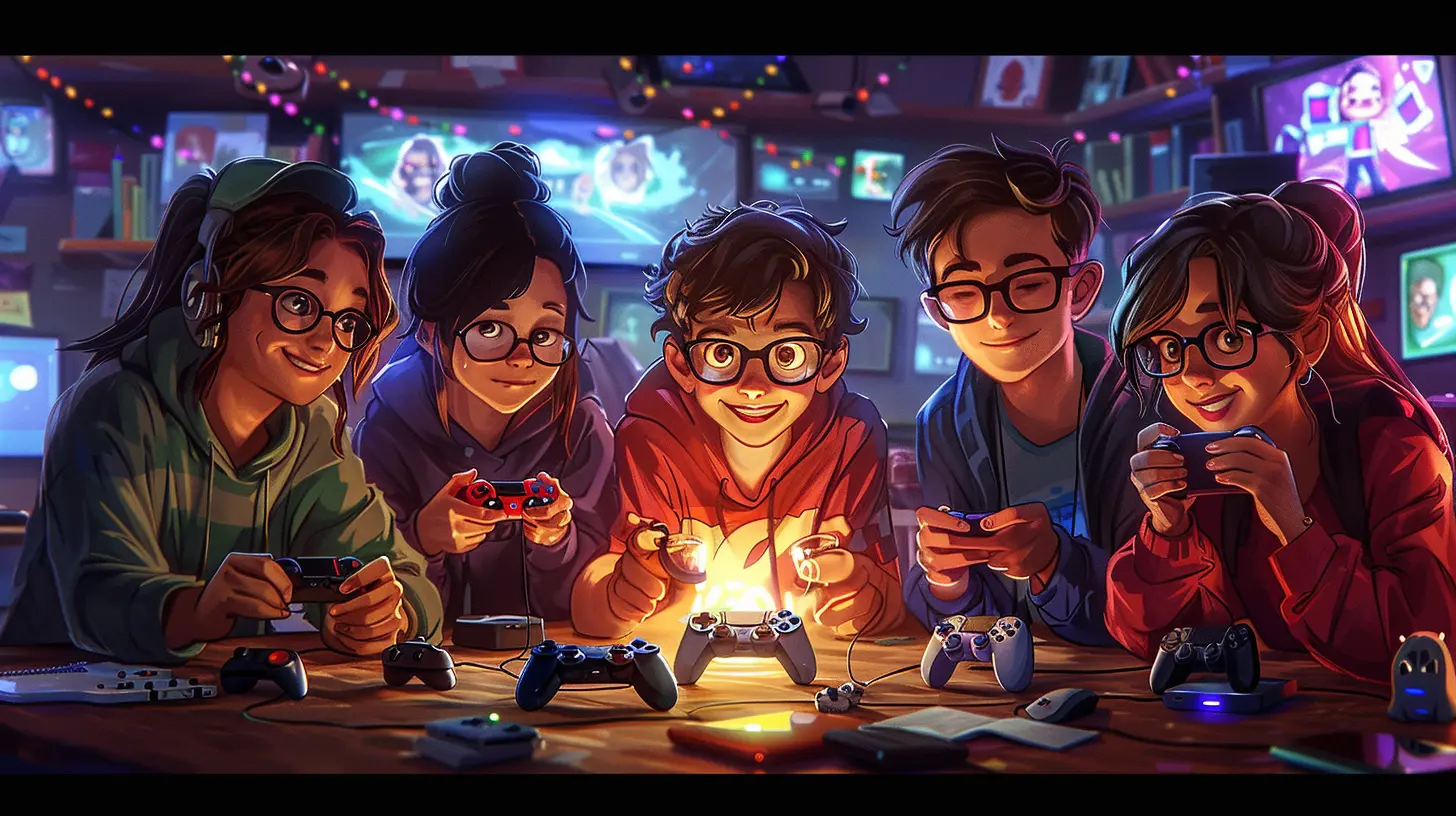
What Are Social Games, Anyway?
Before we get ahead of ourselves, let’s define the beast.Social games are those multiplayer games designed around interaction. Think Fortnite, Among Us, Roblox, Animal Crossing, or even Words with Friends. They're available on social platforms (like Facebook or mobile apps) and they blend gaming with—yep, you guessed it—socializing.
You're not just aiming for a high score. You’re building a squad, strategizing with strangers, trading resources, or just goofing around in a digital world with your best buds. That’s the charm.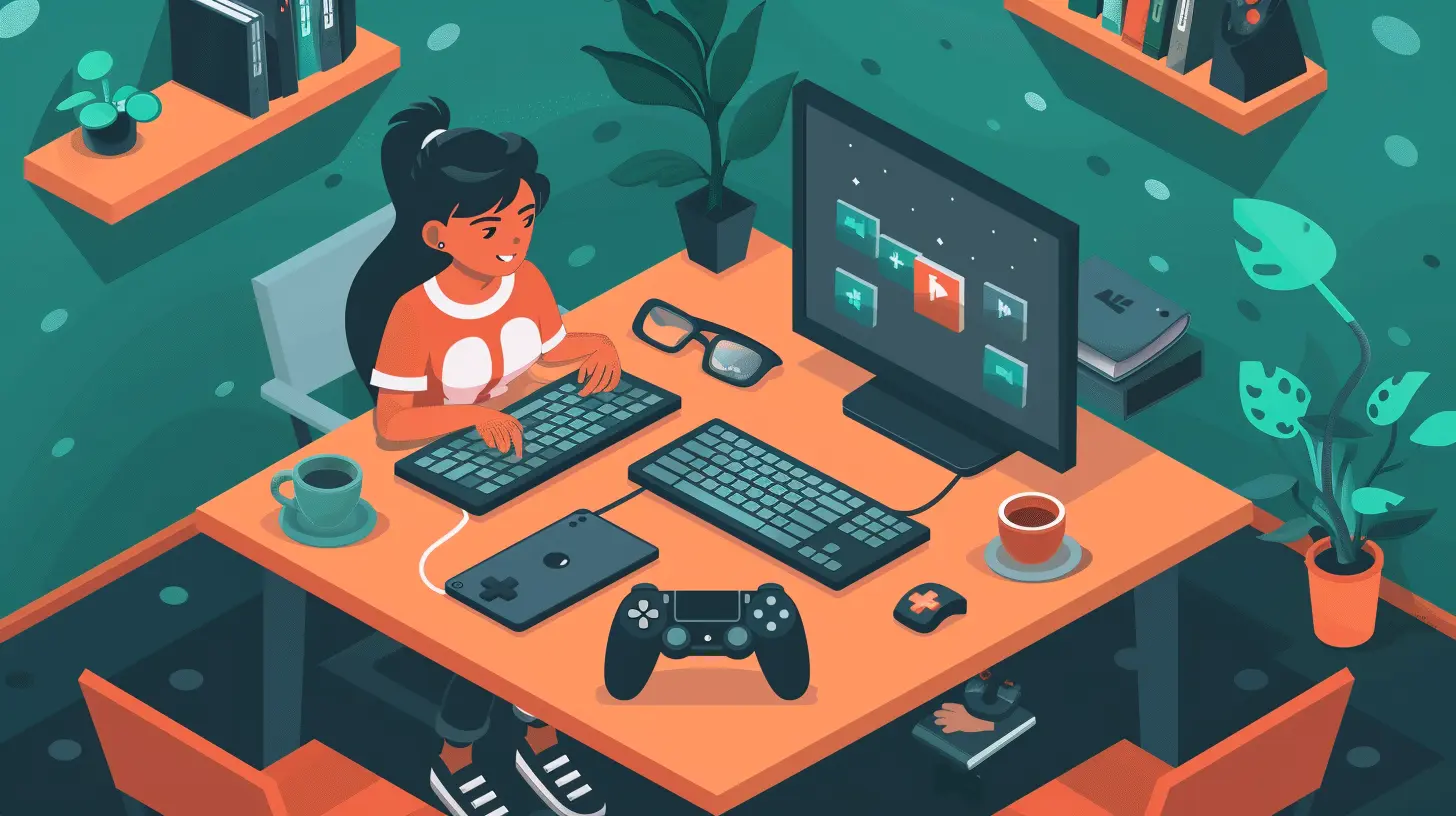
Why Social Games Are More Than Just Entertainment
Sure, they’re fun. But social games are doing a lot more behind the scenes.1. Replacing Traditional Social Spaces
Think about it. Where do people hang out today? We're swapping mall meet-ups and coffee shop convos for island tours in Animal Crossing or team matches in Call of Duty: Warzone. Why? Because it’s easier, it's global, and frankly, it's a lot more engaging.During the pandemic, this shift was on steroids. Birthdays, dates, even weddings went virtual—some inside games! Imagine tying the knot in Final Fantasy XIV? Sounds wild, but it's happening.
2. Breaking Geographic Barriers
Wanna make a friend in Japan while sitting in New York? Easy. Social games collapse distance. You can build a Minecraft mansion with someone in Brazil, trade Pokémon with someone in Italy, or even get into heated UNO battles with folks across the globe.This global reach makes relationships—platonic or romantic—feel limitless. It's like teleporting, but cheaper.
3. Creating Shared Experiences
Ever noticed how shared experiences create stronger bonds? That’s why road trips, concerts, and Netflix binges bring people closer. Social games are the digital version of that.You’ve defeated bosses, solved puzzles, and maybe even rage-quit together. That emotional rollercoaster? It creates a connection. One match can lead to an all-night chat. One guild can become your second family.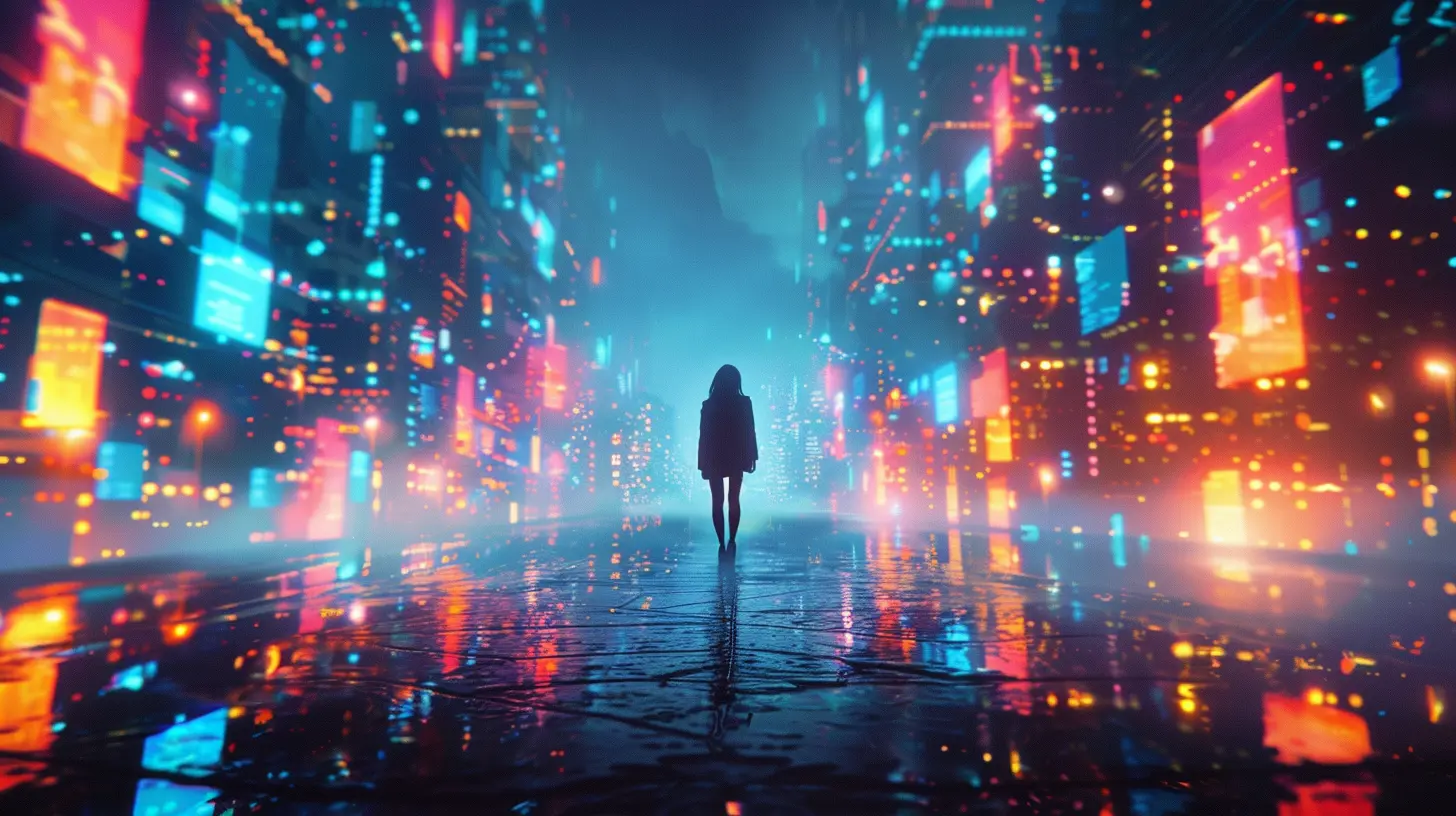
The Rise of Digital Intimacy
Social games aren’t just about casual fun—they're breeding grounds for emotional connections. Let’s be real: emotes are the new love language.1. From Matchmaking to Match-Making
Dating apps are cool and all, but finding love through a raid in Destiny 2? That's next-level. A lot of people are meeting their significant others via gaming nowadays. No pressure-filled bios—just teamwork, laughter, and personality shining through.And here's the kicker: you get to see someone’s real personality before even knowing what they look like. You’ll learn if they’re a team player, how they handle losses, and if they’re actually fun to be around.
Pretty neat, right?
2. Safe and Comfortable Spaces
For many people—especially introverts and those on the neurodivergent spectrum—communicating in person can be hard. Social games offer a low-pressure way to meet people and form bonds without the awkward small talk.You can chat, joke, and build trust in a world that feels safe and familiar. Plus, you can always log out. That sense of control makes socializing easier.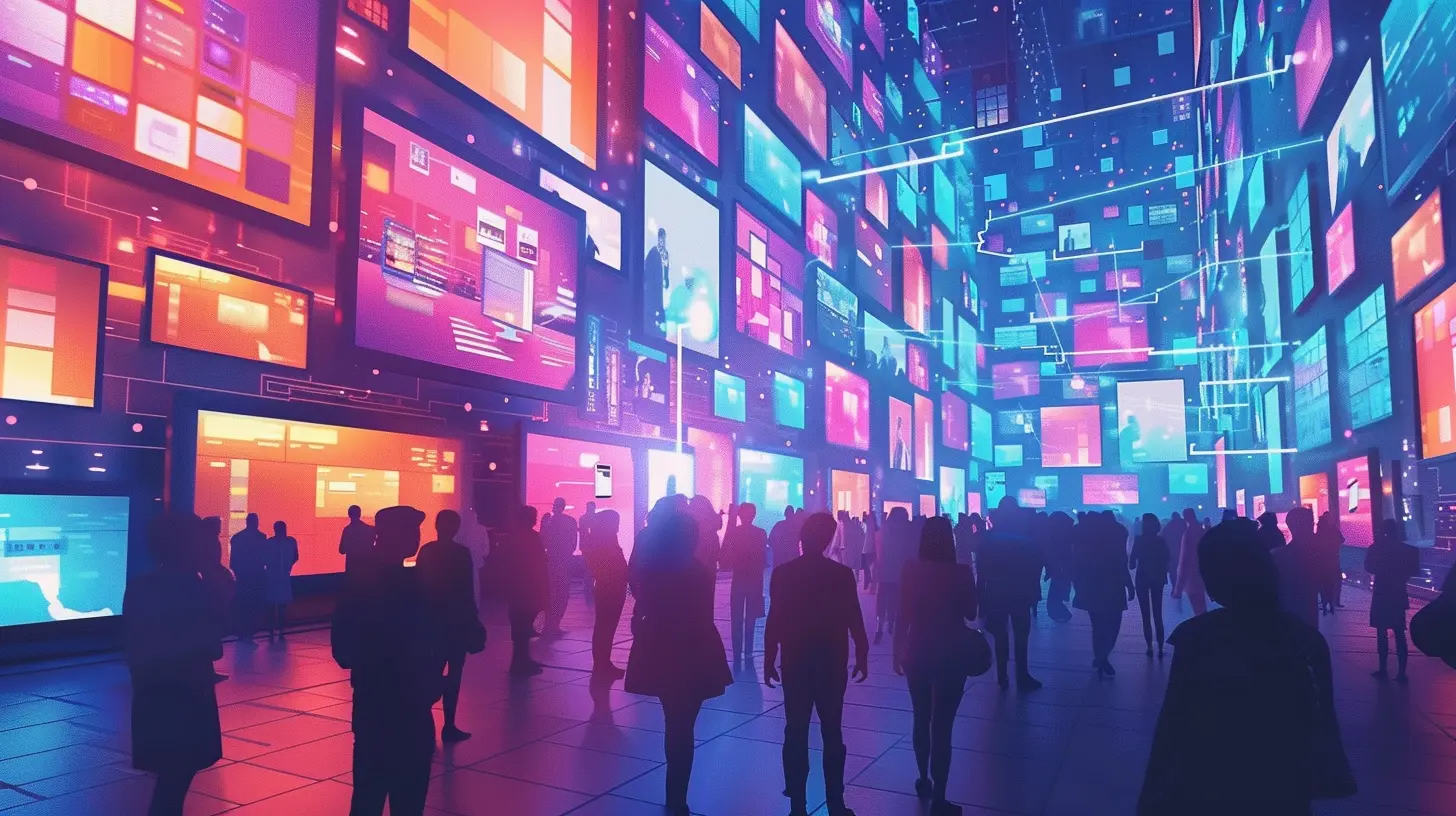
Friendship, Community, And Belonging
You might start playing a game to pass the time, but before you know it, you’re part of a crew, a team, or a full-blown digital community.1. Guilds = Digital Families
Being part of a guild or group in MMORPGs (Massively Multiplayer Online Role-Playing Games) like World of Warcraft? Feels like family. You fight together, laugh together, and sometimes even cry together. These communities offer support, not just in the game but in real life too.It’s not uncommon to see GoFundMe links being shared in gaming communities for someone going through a tough time. That’s real-world impact.
2. Finding Your Tribe
Social games allow you to find people who get you. Whether it's through a shared love for pixel art farming or hardcore PvP, there's a niche community for everyone.You might be into cozy games or adrenaline-packed shooters. Doesn’t matter. Somewhere, someone’s waiting to team up, and chances are, you’ll vibe.
The New Rules of Social Etiquette
Socializing in games brings its own unspoken rules. Respect boundaries. Don’t spam. Don’t be that guy who rage-quits mid-match. Basically? Don’t be a jerk.But these interactions also teach empathy, patience, and effective communication. It’s like social bootcamp—but fun.
Players build emotional intelligence from having to navigate group dynamics, resolve conflicts, and collaborate with personalities from all walks of life.
Are Social Games the Future of Online Relationships?
Spoiler alert: Yes.Let’s face it—our digital lives are only getting more layered. While social media platforms let you connect with people, social games let you interact with them on a deeper level. You're doing stuff together, not just watching each other’s highlight reels.
1. More Than Just Pixels on a Screen
Take a moment to think about this: behind every avatar is a real person, with real emotions. When players form friendships and relationships, it’s not a simulation. It’s real connection, sparked in a digital realm.In many ways, it’s more authentic than social media. There’s less pressure to "perform" and more room to just be you.
2. Virtual Reality & the Metaverse
And we haven’t even talked about VR social games yet. As virtual reality tech becomes more mainstream, expect even deeper levels of interaction—like meeting someone face-to-face in a fully immersive digital world.Games like VRChat and Rec Room are already giving us a peek into that future. Soon, we won’t just be playing together—we’ll be living, working, and maybe even dating inside digital playgrounds.
Challenges and Concerns (Because It’s Not All Rainbows)
Let’s keep it real—social games aren’t perfect.1. Online Harassment
Toxicity exists. From teabagging opponents to full-blown bullying, not all interactions are healthy. Developers have a responsibility to create safe environments, and players need to call out bad behavior when they see it.2. Screen Time Overload
Yes, relationships are forming—but so are screen addictions. Spending hours in-game might strengthen digital bonds, but it can damage offline ones. Balance is key.3. False Personas
Because avatars can be anyone, it's easy to misrepresent yourself. While some people find freedom in this, others use it to deceive. Always use caution when taking relationships from in-game to real-life.So, Where Do We Go From Here?
Honestly? The sky's the limit.Social games are already making waves in how we form friendships, fall in love, and just connect. They’re more than just entertainment—they’re a social platform, a community builder, and in many cases, a lifeline.
Sure, we’re still figuring things out. But as tech evolves and virtual worlds become more sophisticated, expect social games to become an even bigger part of how we hang out, date, bond, and build communities.
Whether you’re teaming up in Overwatch, chilling in The Sims Online, or just sharing potatoes in FarmVille, you’re part of a digital revolution in relationship-building. And that? That’s kind of beautiful.
Final Thoughts
Social games are no longer the fringe hobby they once were. They’ve woven themselves into the fabric of modern social interaction. They're forging new connections, enhancing digital intimacy, and turning online strangers into lifelong friends—or even partners.So next time someone tells you gaming is a waste of time, just smile and remember: in a world starving for connection, social games are the modern campfire.
And everyone's invited to sit down and play.
all images in this post were generated using AI tools
Category:
Social GamesAuthor:

Greyson McVeigh
Discussion
rate this article
1 comments
Zephyrion Rodriguez
Who knew leveling up in friendship could be a thing? Social games are turning ‘friend requests’ into ‘friend quests’—let the adventure begin!
October 29, 2025 at 3:41 AM

Greyson McVeigh
Absolutely! Social games are redefining connections by transforming interactions into engaging adventures, making friendships more dynamic and fun.
